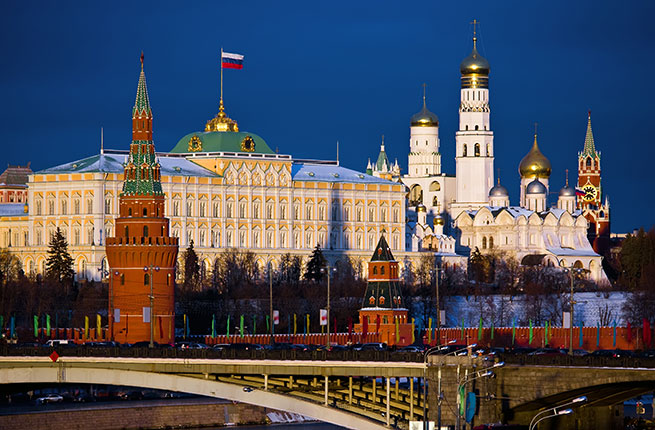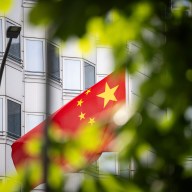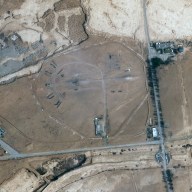The United States has hired a private Russian security firm with KGB connections to guard the American embassy in Moscow.
The $2.8 million no-bid contract was awarded by the Office of Acquisitions in Washington, D.C. to Elite Security Holdings, a company that was founded by Viktor Budanov, Russian President Vladimir Putin’s former KGB boss and the former head of Soviet counterintelligence, the New York Times reported Tuesday. The firm’s security guards will also be posted at U.S. consulates in St. Petersburg, Yekaterinburg and Vladivostok.
The outsourcing became necessary after a diplomatic tit-for-tat last summer led to Putin demanding that American diplomatic missions in Russia cut their staff by 755 employees.
Elite Security Holdings had been “vetted” with “relevant national and local agencies” and would not increase threat risk, a State Department official told the Times. “U.S. missions around the world work constantly under intelligence and physical security threats,” the official said. “This contract does not change that fact.”
The compounds will continue to be guarded by U.S. Marines, and the local guards are generally not allowed access to secure areas, but “This is very good for us,” said Mikhail Lyubimov, a former KGB spy who worked with Budanov at the agency. “If I were the chief there, I would never do this for a very clear reason,” he said, adding that the Russian Embassy in Washington wouldn’t hire security forces from an American company with known ties to the CIA.
According to the State Department, Elite Security Holdings was chosen because no other company had the permits and ability to guard all four locations.
The U.S. has been burnt by outsourcing rudimentary tasks at its Moscow embassy before. In the early ‘80s, it was discovered that the new embassy building under construction had been seeded with sophisticated surveillance devices by Russians workmen. Recriminations between the U.S. and Moscow flew, the building was partially demolished, and its opening was delayed for more than a decade until 2000.
















